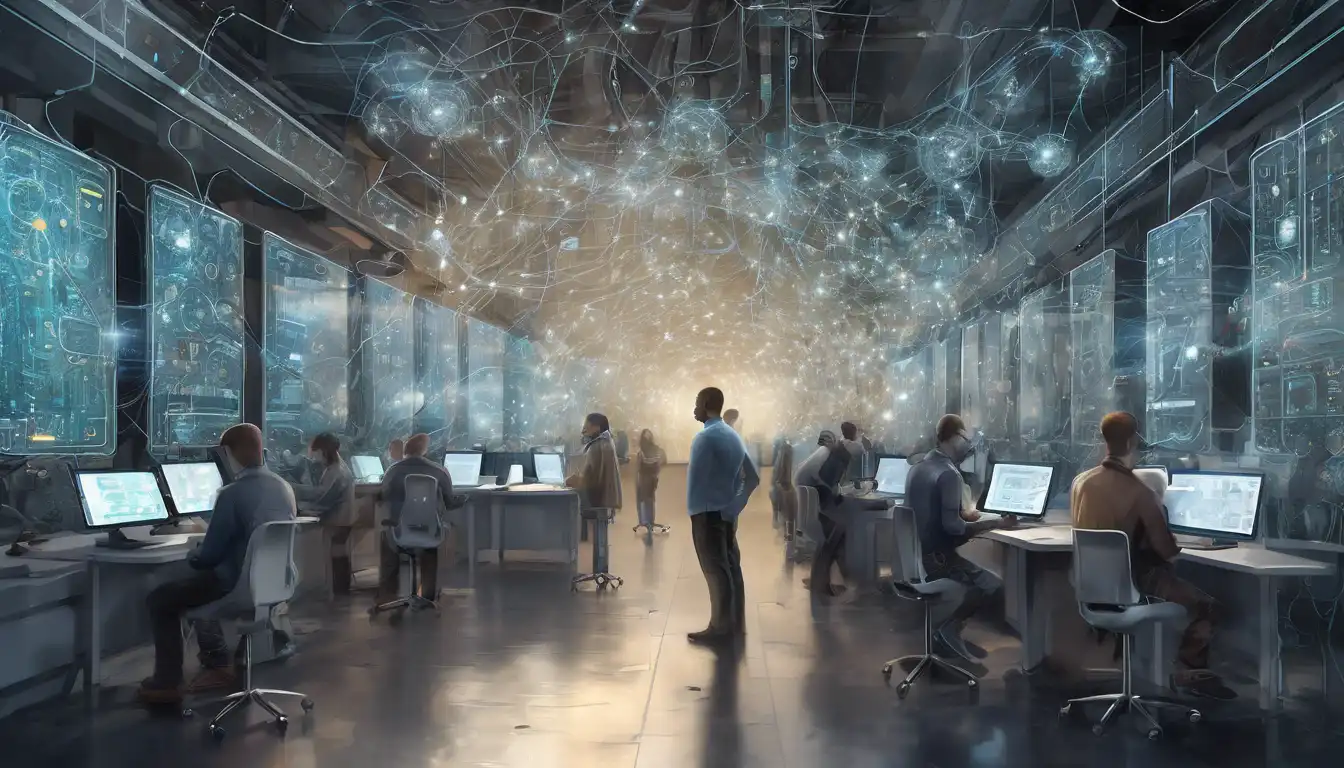Introduction to Machine Learning and Personalization
Machine learning, a subset of artificial intelligence (AI), is revolutionizing the way technology interacts with users. By analyzing data and learning from it, machine learning algorithms can predict user preferences and tailor experiences accordingly. This personalization is becoming increasingly prevalent across various sectors, from e-commerce to entertainment, enhancing user satisfaction and engagement.
How Machine Learning Powers Personalization
At its core, machine learning personalizes technology by processing vast amounts of data to identify patterns and make decisions with minimal human intervention. For instance, streaming services like Netflix use machine learning to recommend movies and shows based on your viewing history. Similarly, e-commerce platforms leverage these algorithms to suggest products you're more likely to purchase.
Examples of Personalized Technology
- Recommendation Systems: Platforms like Amazon and Spotify analyze your past behavior to recommend products or music.
- Smart Assistants: Devices like Alexa and Google Home learn from your commands to provide more accurate responses over time.
- Customized News Feeds: Social media platforms use machine learning to curate content that aligns with your interests.
The Benefits of Machine Learning in Personalization
Personalization through machine learning offers numerous advantages, including improved user engagement, higher conversion rates, and enhanced customer satisfaction. By delivering relevant content and recommendations, businesses can foster loyalty and differentiate themselves in competitive markets.
Challenges and Considerations
Despite its benefits, personalizing technology with machine learning presents challenges, such as privacy concerns and the risk of creating echo chambers. It's crucial for developers to balance personalization with ethical considerations and transparency.
Future Trends in Machine Learning and Personalization
The future of machine learning in personalization looks promising, with advancements in AI leading to even more sophisticated and intuitive user experiences. From predictive text to autonomous vehicles, the potential applications are vast and varied.
As machine learning continues to evolve, we can expect technology to become even more tailored to individual needs, making our interactions with digital platforms more seamless and enjoyable.
For more insights into how AI is transforming industries, check out our article on The Impact of AI on Modern Industries.
